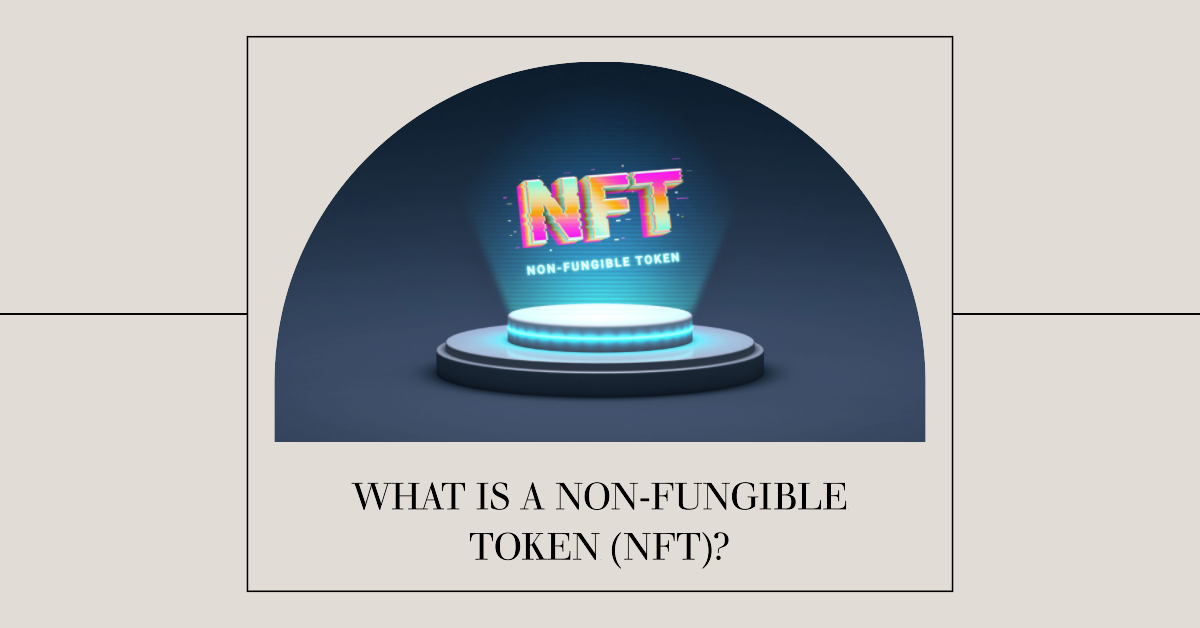Non-Fungible Token (NFT) has become a popular term in the digital world, but what does it actually mean? An NFT is a type of cryptographic token that represents something unique, such as a digital asset or physical object. This means that unlike regular tokens, which are interchangeable, NFTs are non-fungible and therefore each one is unique and cannot be replaced by another. The “nft meaning” is that they provide a way to represent ownership and transfer of a wide variety of assets in the digital world.
NFTs have a lot of potential applications, such as providing a secure and transparent way to own digital art, collectibles, real estate or other physical goods. They can also be used to represent virtual items in video games, such as trading cards and in-game armor and weapons. Furthermore, they are often seen as a way to tokenize and securely track ownership of physical goods.
NFTs are created using smart contracts on the blockchain, which allows them to be tracked and traded without the need for manual record keeping. This also makes them immutable, meaning that once an NFT is created it cannot be changed or reversed. This makes them incredibly secure and provides assurances to their owners that their assets are safe from theft or fraud.
Unlike traditional currencies, NFTs are not backed by any central authority or government. This means that their value is determined by how much people are willing to pay for them, similar to how stocks and commodities fluctuate. This allows them to be traded freely on the open market, with buyers and sellers setting their own prices.
The use of NFTs is rapidly increasing as more businesses and individuals realize the potential of this new form of digital asset. In addition, NFTs are becoming more accessible and easy to use, making them attractive to a wider range of investors and users. As the technology advances and more people become familiar with it, the nft meaning will become clearer and the use cases for NFTs will only continue to increase.


